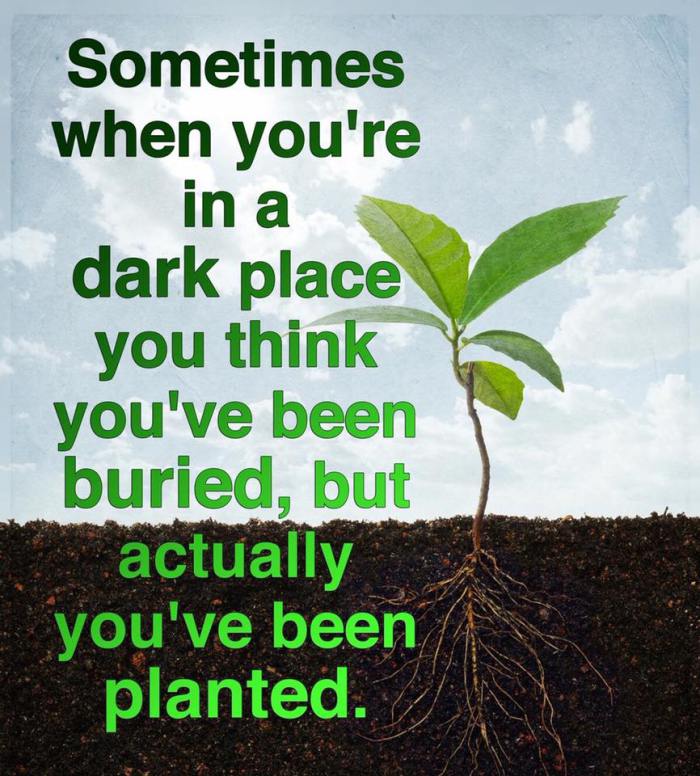All materials in these studies that are not otherwise attributed are © 2014 by Tool Box for Faith. Expressed permission is hereby granted to download and print these materials for personal/congregational use only. If you wish to use any of these materials for any other groups or other purposes, please contact us (gennowdisciples@gmail.com) for permission. In all cases, include this copyright notice and email address with any versions of the material. Thank you.
Section 1: Opening Prayer
O Lord our God, we need your guidance in all we do. Let your wisdom counsel us, your hand lead us, and your arm support us. Conform us to your image and make us like our Savior, that in some measure we may live here on earth as he lived and may act in all things as he acted; through Jesus Christ our Lord. Amen.
Section 2: Where Do We Find Jesus?
This kid gets it. We find Jesus not just in the resurrection, but on the cross as well. In fact, for Lutherans, we see the love of God most clearly in and through the cross. Martin Luther once wrote that people deserve to be called theologians when they understand “the visible and manifest things of God seen through suffering and the cross.” That’s just academic language that means people understand God right when they recognize God’s presence and God’s promise through the cross and other places of suffering. That’s what we call a Theology of the Cross, that we believe God’s not absent from pain in the world, that God doesn’t abandon us to suffer alone, but instead God suffers alongside us, God experiences our pain, and through those cross-shaped moments brings new life, brings hope, brings resurrection.
But not everyone believes that.
Section 3: Glory vs. the Cross

Luther had an ongoing argument with some other pastors who he believed were being dishonest about God. In Luther’s words, they “call evil good and good evil” and that their kind of knowledge was “completely puffed up, blinded, and hardened.” What was this Epic Rap Battle all about? Basically, these people only saw God in things we think of as normally good. Only saw God with the rich and the powerful, with the healthy and the intelligent.
Yet, Luther remembered Jesus’ teaching that not just the poor in spirit (Matt. 5), but the poor (Luke 6) are blessed! Not just those who hunger and thirst for righteousness (Matt. 5), but those who are just plain hungry (Luke 6) are blessed! Those who weep (Luke 6), as well as the humble and the meek (Matt. 5) are all blessed by God.
Also remember that Jesus was often found hanging with sick people who suffered from illnesses like leprosy and various disabilities. Remember that Jesus was found with women cast off by their husbands, that Jesus offered compassion to hated tax collectors like Matthew and Zacchaeus, that Jesus cried when his friend Lazarus died.
Most of all, remember that Jesus told us that the greatest sign of love was to give up your life for your friends. Not to lead them into battle, but to die on their behalf. Then, he did. He didn’t just speak this, but lived this truth. Jesus is the Theology of the Cross. In all of these painful, desperate places, where we don’t expect to find glory, there we find the glory of God who is Jesus Christ.
This is such an important message in our culture because many churches have forgotten this promise, that God’s not just in the things that we see as beautiful, but also in the things where we couldn’t imagine we’d find God. God surprises us by turning up in the most unlikely, the most inglorious places. People that think God’s blessing is only found in things that seem good to us, money and power and promotions and happiness, are a part of what’s called the Prosperity Gospel movement. What makes Lutherans different here is that we believe God loves us even if we’re not rich, and we don’t need to be rich to receive God’s blessing. We believe that God loves us even if we’re not powerful and God doesn’t need to give us a promotion to bless our lives. God’s at work not just in the places with think are successful, but through even things that look like total failures. Imagine how the disciples felt after Jesus’ crucifixion! That doesn’t look look like success.
But that’s precisely how God brought salvation, brought forgiveness, brought blessing to us all, through the death and resurrection of Jesus. God’s ways aren’t our ways, so God’s success doesn’t always look like the things we think are successful.
That means we need to be on the lookout for Jesus, and often in the places we’d least expect.
First, though, an interlude.
Section 3.1: God & Suffering
Often, at this point in the conversation, one question comes up that can be quite troubling. If God is in the suffering, in the pain, in the struggle, does that mean God wants me to suffer? Does God force pain on us?

No, dear ones. Not at all. God’s not the cause of suffering. Sin is. Sin is what makes suffering so present in our lives, and God’s presence in suffering serves as a reminder that nothing, not even sin, can separate us from God. Jesus’ tears at Lazarus’ death aren’t the result of his own maniacal plan, but instead grief at his friends death, his own frustration with the sin that leads to our suffering, even as he also stays present to bring him back to life.
When we talk about God being present in suffering, we’re not talking about God forcing us to suffer. We’re talking about God refusing to abandon us, and going to the ultimate end: suffering on our behalf on the cross. The theology of the cross tells us that God won’t leave us to suffer on our own, but will work through everything in the world, even suffering, to bring us redemption.
Section 4: Looking for Jesus in All the Wrong Places
If this is true, then we’ve got to be on the lookout for God in all the wrong places. Seriously.
As you watch this video, ask yourself this question, and reflect on it in the comments: Where do you think you WON’T find God? Why? Then, ask yourself one more question and respond to that in the same comment: How could God surprise you and turn up in that place?
Show Yourself from George Gibson on Vimeo.
St. Francis so believed in this that he cast off all his riches and sought to spend time amongst the homeless and hungry because he most clearly saw the face of Jesus in those who knew suffering. Mother Teresa lived amongst the poorest outcasts of Calcutta because in these people, she saw the work of God.
People sometimes think the blessing of a company comes from the wealthy CEO who runs the business, but how much of a blessing is it to walk in to a clean bathroom cared for by a just a regular worker whose daily job it is to clean up bodily fluids? How much has their suffering blessed workers and visitors every day?
Where do we never think that we’ll find God because it’s too gross, too weird, too mundane, too painful, too much suffering in too many ways? Odds are, that’s just where God’s at work, redeeming the world in love for us and for all creation.
Section 5: Closing Prayer
Lord Jesus Christ, by your cross and passion you redeemed the world. To all who face continued suffering grant patience, courage, and the constant assurance of your love. Strengthen them every day and every hour, that having endured with you they may also live and reign with you, now and forever. Amen.
Opening and Closing Prayers from Sundays and Seasons.com. Copyright 2016 Augsburg Fortress. All rights reserved. Reprinted by permission under Augsburg Fortress Liturgies Annual License #25165.